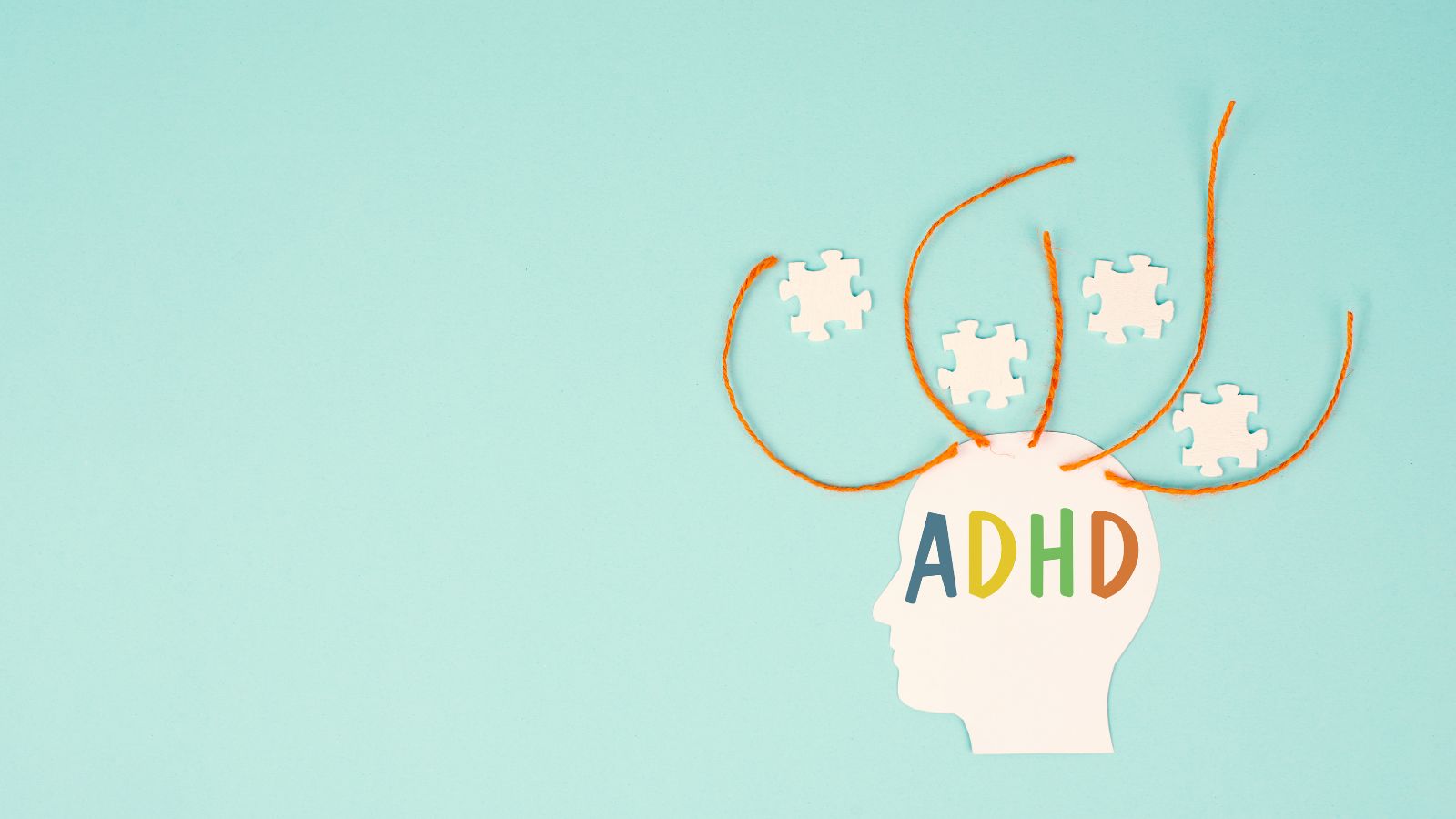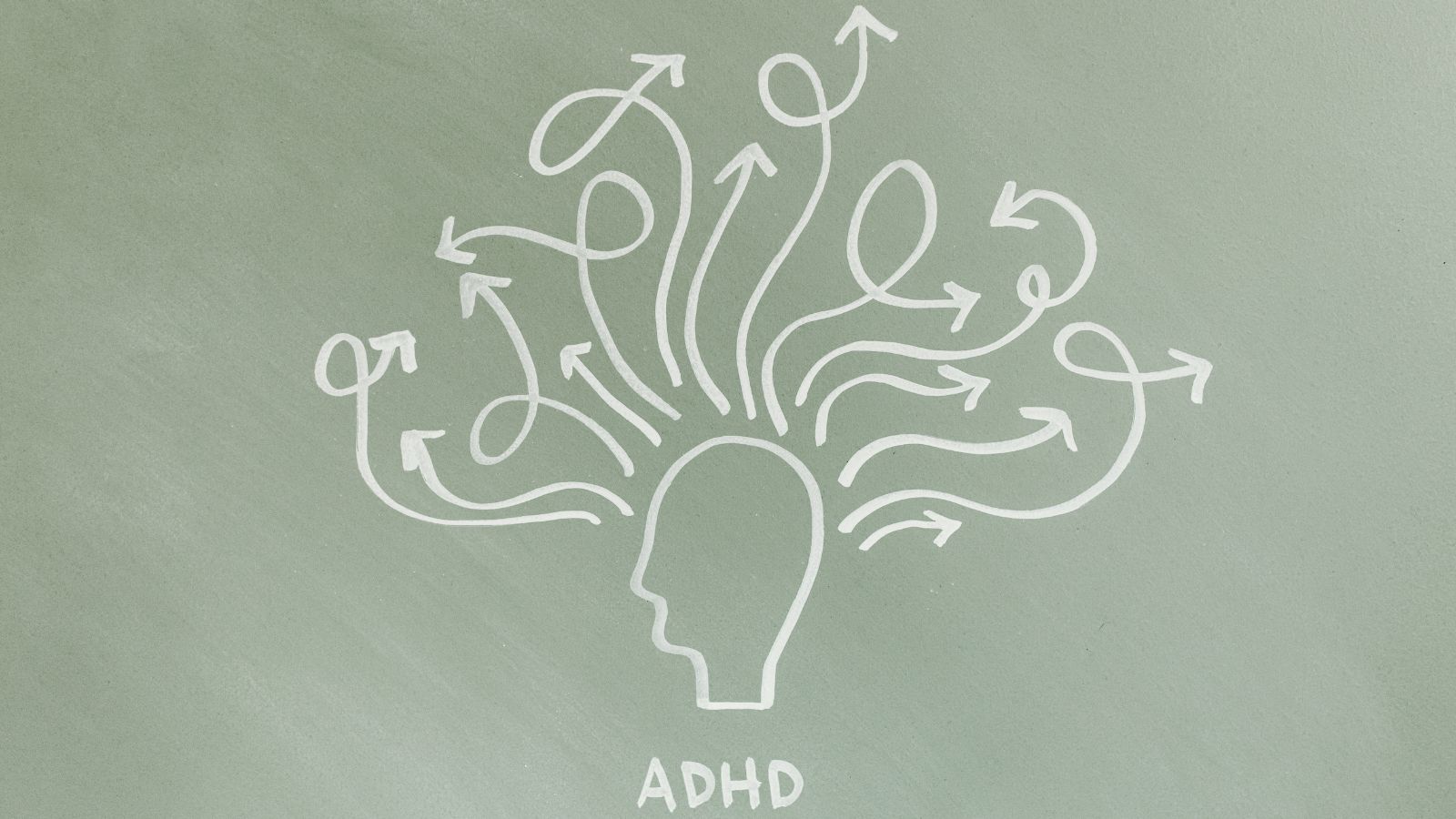Have you ever felt persistently restless or easily distracted, only to be told you might have anxiety or depression? While anxiety and depression are indeed common diagnoses, many adults are actually living with Attention Deficit Hyperactivity Disorder (ADHD) without realizing it. Interestingly, a study published by the National Library of Medicine estimates that around 4.4% of adults in the US have ADHD. Yet countless individuals remain undiagnosed—or misdiagnosed—well into adulthood. Today, you’ll discover precisely why ADHD in adults often goes undetected, how its symptoms can mirror those of anxiety and depression, and what steps you can take to pursue a proper evaluation.
ADHD In Adults Vs. ADHD In Children
ADHD often brings to mind images of children who can’t sit still. However, adults experience it, too, though in more subtle ways.
Instead of constant hyperactivity, you might find yourself wrestling with chronic restlessness or struggling to stay organized. Moreover, you could have difficulty managing your time or focusing on tasks at work.
ADHD in children is typically identified when teachers notice disruptive behavior, impulsive outbursts, or an inability to remain seated.
However, the adult brain is better at masking the traits of this disorder. In fact, adults often develop certain coping strategies—like making detailed to-do lists—to hide their difficulties. Because of this, ADHD can remain hidden for years, making it easier for healthcare professionals to mistake it for anxiety or depression.

Why ADHD In Adults Is Often Misdiagnosed As Depression Or Anxiety
ADHD commonly gets mistaken for anxiety or depression because its core symptoms overlap with mood and anxiety disorders.
These include:
- Restlessness
- Difficulty focusing
- Emotional dysregulation
For example, say you were struggling with racing thoughts or were unable to relax. To a healthcare professional, this looks a lot like generalized anxiety. Similarly, ongoing problems with motivation and concentration may resemble depression when they come with low self-esteem or a sense of hopelessness.
Another thing about ADHD is that it can create a cycle of chronic stress, making you believe that you’re overly anxious or depressed without even suspecting that attention deficits are fueling your distress.
It’s precisely because of this overlap in symptoms that many individuals with ADHD go years without the right treatment. Luckily, with greater awareness, more people are beginning to explore online ADHD treatment as a way to get properly evaluated and receive tailored support. Accurate diagnosis is crucial, as treating ADHD with the wrong approach can sometimes make symptoms worse instead of better.
Why A Correct Diagnosis Matters
Misdiagnosing ADHD as anxiety or depression often leads to treatments that don’t address attention deficits or impulsivity. As a result, these interventions may fail to improve daily struggles. This can leave you feeling stuck or frustrated.
Without an accurate diagnosis, you might also miss out on ADHD-specific coping strategies. Not to mention, the right diagnosis opens the door to targeted therapies and support groups. It also allows access to skill-building exercises that enhance your overall quality of life.
Finally, when you understand that ADHD is driving many of your problems, you can replace self-blame with practical solutions. Instead of feeling discouraged about not meeting certain expectations, you realize that your brain works differently—and that you can still thrive with appropriate help.
Potential Consequences Of Untreated ADHD
Even though ADHD can appear less obvious in adulthood, leaving it unaddressed can take a serious toll. Over time, everyday tasks—such as paying bills on time or keeping track of appointments—may become a constant source of stress. As a result, you might experience ongoing frustration or a reduced sense of self-worth, especially if you’ve tried various methods that haven’t brought lasting relief.
Moreover, untreated ADHD can affect key areas of life:
- Work and career: Chronic disorganization or missed deadlines can hinder your professional growth. You might switch jobs frequently or get passed over for promotions because your performance appears inconsistent.
- Personal relationships: Inattentiveness or impulsivity can create misunderstandings with loved ones. You could forget birthdays, show up late for gatherings, or speak without thinking, leading to unnecessary conflict.
- Physical and mental health: Stress from juggling daily responsibilities can amplify anxiety or depression symptoms. Chronic stress can also contribute to sleep problems and other health concerns.
Recognizing the impact of untreated ADHD is often the wake-up call you need to seek the right help. Addressing the root cause can ease many of the burdens you’ve been carrying, ultimately improving your overall quality of life.

How To Recognize ADHD In Yourself
If you suspect ADHD might be contributing to your difficulties, it helps to reflect on your personal history and everyday patterns.
Consider whether you’ve experienced any of the following:
- Persistent trouble concentrating: Do you jump from one task to another without finishing or find your mind frequently wandering?
- Feeling overwhelmed by routine responsibilities: Do tasks like laundry or managing finances easily stress you?
- Impulsive decisions: Do you often act on a whim, then regret it later?
- Chronic lateness or procrastination: Do you consistently show up late or delay important tasks until the last minute?
- Frequent misplacement of items: Do you spend significant time looking for your keys, phone, or wallet?
- Difficulty remembering deadlines or commitments: Do you forget important dates or details even when you try to stay organized?
If these align with your symptoms, seek a professional evaluation to confirm the diagnosis and explore treatment options.
Final Thoughts
Now that you know why ADHD in adults frequently gets misdiagnosed as depression or anxiety, it’s time to make sure that doesn’t happen to you. So, if you find yourself resonating with the symptoms outlined above, consider talking to a mental health professional who understands adult ADHD. This way, you can begin to reclaim control of your routines, responsibilities, and relationships.